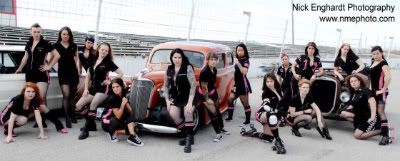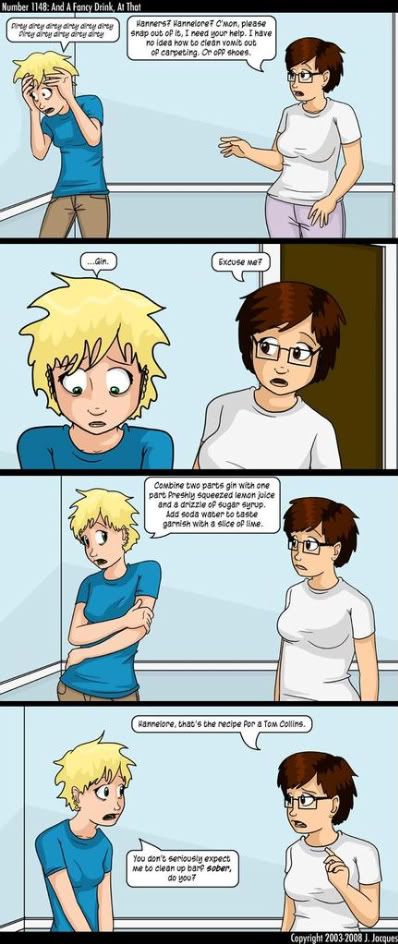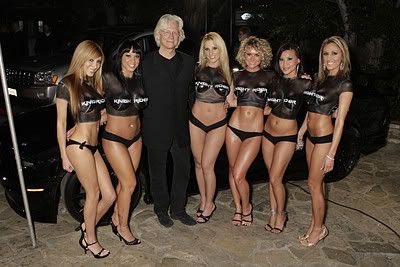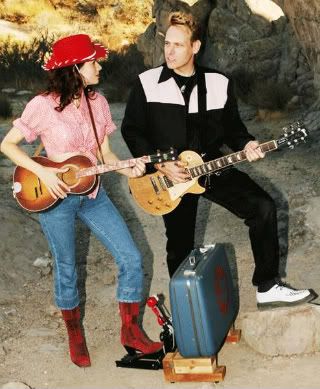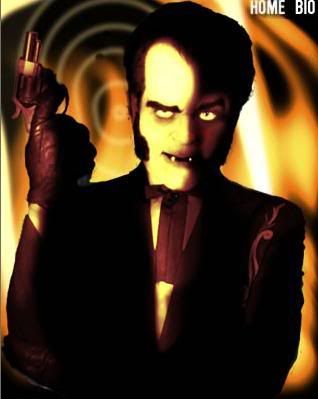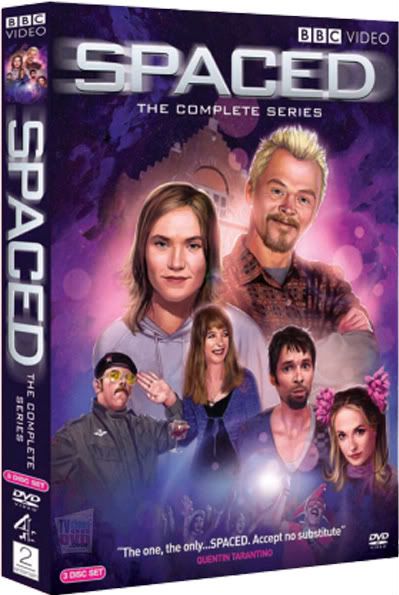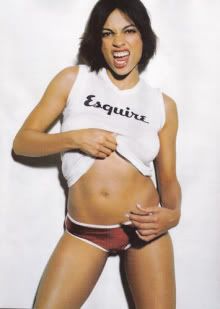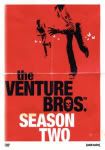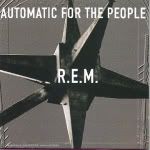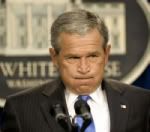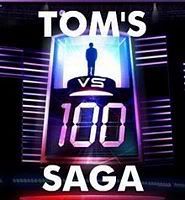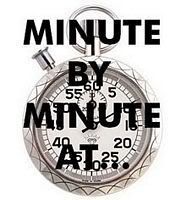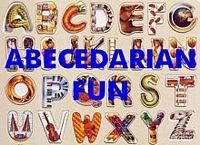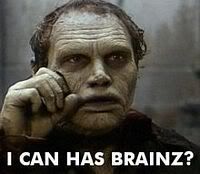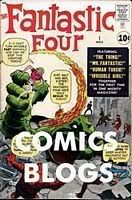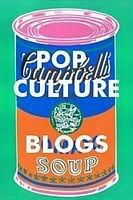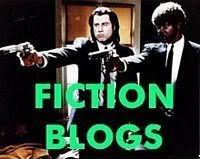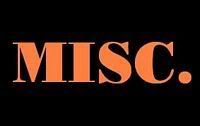Last night for the first time I watched
1941, the film that has been vilified as Mighty Young Spielberg's first flop: a bloated big budget spectacle that was half juvenile sex comedy, half post-Pearl Harbor military paranoia farce, and all unfunny. And I have to say, it lives down to that reputation.
It has its moments, as even the weakest of Spielberg's films (what few weak ones there are) inevitably do. It very much has the assured Spielberg look, with gorgeous cinematography, long, complicated action sequences, dramatic camera movements and angles, and a soaring (and often jarringly out-of-place) John Williams score. (All it's missing is daddy issues.) And it has the pleasure of a fantastic cast, a steady procession of young comedic upstarts (making it feel at times like a reunion for
Animal House, or a prequel to
Stripes) and veteran character actors that had me blurting out with every new sighting, "Hey, it's ______!" As in, "Hey, it's John Candy!" "Whoa, Toshiro Mifune!" "Holy cow, it's Warren frickin' Oates!"
But god, is it a humorless mess. As
Evan Almighty recently proved, throwing millions and millions of dollars at a comedy does not automatically make it funny. When a comedy is tied into huge special effects, and the comedy fails to be funny, the huge special effects make it appear to fail all the more spectacularly.
The special effects and set pieces are certainly impressive, on a technical level, such as Ned Beatty's cannon-blasting of his own house, or Dan Aykroyd's tank plowing through a paint factory. But the comedic effect of those moments is undercut by the fact that the characters aren't funny. In fact, they're barely characters, more caricatures programmed to play their roles as over-the-top as possible in this grand farce. And when the characters aren't funny, the situation isn't funny. When the tank plows through all those paint barrels, it was a completely empty and unfunny scene, and it left me thinking, "Wow, what a waste of paint." There was no point to it. Just a worthless expenditure of time and money (and paint!). The characters don't react to or comment on or influence the action in any way. There's no build-up, and it's over as quickly as it begins -- sustaining the moment to the point of absurdity might have created some laughs, but it doesn't even go for that. It's only there because it
could be there, not because it needed to be there.
I did laugh sporadically, but often not at what I was supposed to be laughing about. For example, the opening scene is a take-off on the opening of
Jaws, even featuring the exact same actress having an unexpected aquatic encounter. It wasn't really funny in and of itself, but I found myself laughing at the sheer audacity of it –- what
balls it takes for Spielberg to parody
himself. When a film parodies a scene from another film, for the parody to work the scene being parodied generally has to be a classic, an iconic moment in moviemaking. So basically, this is Spielberg crowning himself, declaring his own work to be iconic. I mean, he's not
wrong, even if
1941 is only four years and two movies removed from
Jaws, but still –- that's some balls.
And sometimes the casting alone was enough to make me laugh. Like Eddie Deezen –- he's just an inherently funny guy to me, even though his character wasn't necessarily funny (he's up on a Ferris wheel the whole movie, exasperating his buddy and playing with a ventriloquist's dummy, for some reason –- his character only exists to have someone on the Ferris wheel when it breaks loose and rolls free in the climactic action sequence). Or then there's Michael McKean and David Lander, who show up as two soldiers late in the picture –- they don't do anything funny, but hey, it's Lenny and Squiggy! Other high moments based purely on adroit casting: John Belushi's energetic looniness is fun, even if he's essentially playing Bluto as a fighter pilot; I always get a kick watching Aykroyd do his Aykroyd thing, reciting paragraphs of highly technical jargon in enthusiastic fashion; and Slim Pickens is frequently amusing, doing a variation on his
Dr. Strangelove role.
But so many other incredibly talented people flounder aimlessly, struggling to keep their heads above the spectacle, and so very, very much of
1941 is painfully, embarrassingly unfunny. The triangle between jitterbugging Bobby Di Cicco, USO dancer Dianne Kay, and the lecherous soldier played by a young Treat Williams is just unbearable... and it's the primary storyline of the film! Also unbearable: Tim Matheson's attempted seduction (via airplane) of Nancy Allen, which is ceaselessly clumsy and stupid (though I have to say, Nancy Allen is sexy as hell). Robert Stack, Toshiro Mifune, Christopher Lee, and Warren Oates, despite game efforts from them all, are among those who might as well not have bothered showing up.
And it's so
long!* I watched the Director's Cut, which is nearly a full half hour longer than the original, and I find it hard to believe any of the extra 28 minutes were essential (certainly no more so than the original 118). Before the movie hit the two hour mark (and it stretches almost to two and a half), I was yelling at the screen, "When does this damn movie
end?" It ends 40 minutes after I've lost all patience with it, that's when it ends.
I did get one great thrill from this movie, during the end credits: someone I know was in it!
Steven Mond, an old friend of mine from Cal, plays one of Ned Beatty's rambunctious kids. You may know Steve as Arnold's red-haired pal Robbie from
Diff'rent Strokes, if you know him at all; he quit acting in his early teens. He turned into one hell of a great bowler, I can tell you that much, and he was (and I'm sure still is) a hell of a nice and funny guy. Hmm... I wonder what Steve's up to these days? Powers of the internet, I command you: find Steve Mond! Hey, Steve! Leave a comment!
Well, now I've seen
1941, so I never have to do that again. Hopefully I'll catch
Kingdom of the Crystal Skull this weekend, so I can see a
good Spielberg movie.
*That's what she said.

